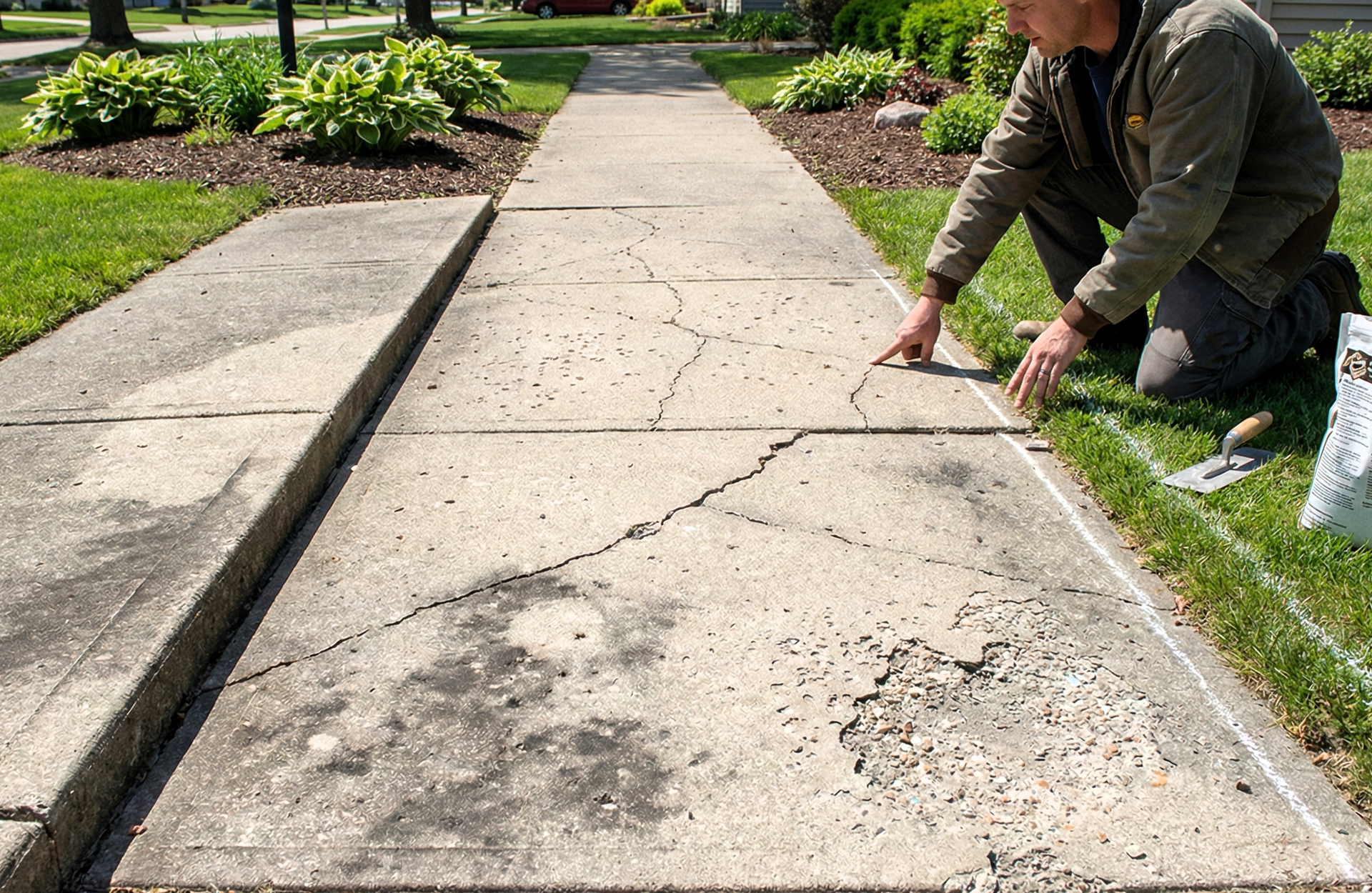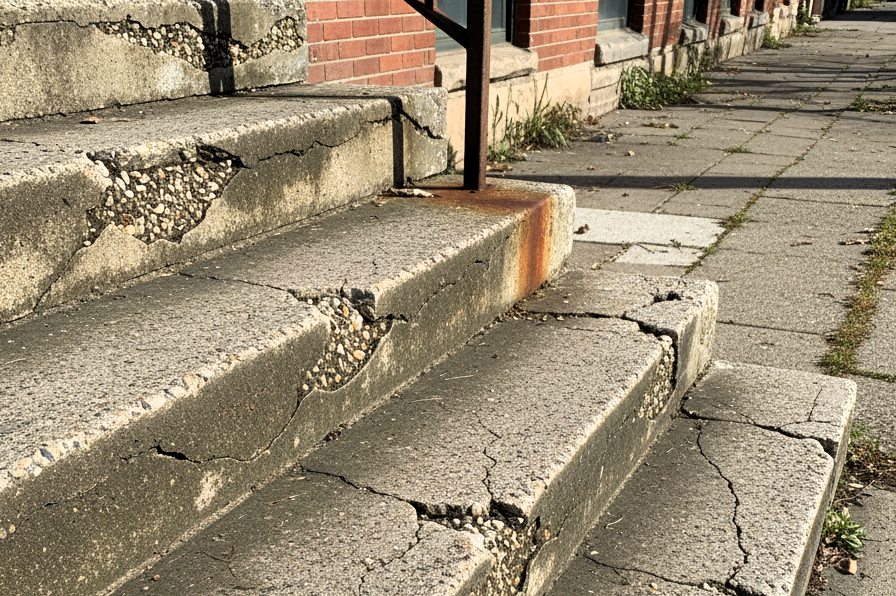Tips to Extend the Lifespan of Your Concrete
You can protect your investment with the proper care.

How long does concrete last? Concrete can last for decades when adequately mixed, installed, and maintained. This longevity, however, depends on the circumstances it is exposed to. The environment, traffic, and lack of preventive maintenance can shorten concrete's lifespan. It also depends on where it's placed.
There are a few tips you can follow to preserve the life of your concrete.
Avoiding non-chemical deicers
In the first year after your concrete is installed, you should avoid using deicers on your concrete. This is particularly true for products that contain ammonium nitrate or sulfate. Other types of deicers to avoid include calcium chloride and magnesium acetate. Instead, it would be best if you used a concrete sealer.
Deicers contain chemicals that attack concrete, breaking it and causing disintegration. They should be avoided for many reasons:
- They increase the number of freeze-thaw cycles, which can be detrimental to concrete.
- They cause swelling, particularly in under-a-year-old concrete.
- They make it more likely for concrete to crack.
- Deicers will extend the drying time of new concrete, which can be damaging.
Proper curing
The process of curing concrete is vital to its long-term performance. It allows the concrete to achieve its full strength, reduce shrinkage, and improve its long-term appearance. Without proper curing, a concrete slab can be brittle and susceptible to damage, but with proper curing, the finished product will be sturdier and more resistant to water.
In addition, proper curing protects concrete from surface defects. Inadequate curing can cause plastic-shrinking cracks, crazing, mortar flaking, and crusting.
Sealing concrete
Concrete has a long life expectancy if it is properly maintained and sealed. Concrete does best when it is sealed every four to five years, though this varies depending on the concrete used. For best results, consult the concrete manufacturer to determine the recommended frequency. It would help if you used water-based concrete sealers instead of those containing nitrates or ammonium sulfate, as they can damage concrete.
Avoiding freezing and thawing cycles
Freezing and thawing cycles are important causes of the deterioration of concrete. Each cycle results in a loss of stiffness and strength. The repeated cycles also result in increasing irreversible expansion. These cycles significantly impact the concrete's life, and extending its life has become a significant technical challenge.
One common way to extend the life of concrete is to minimize its exposure to freezing and thawing cycles. These cycles cause concrete to lose its strength and can cause
severe cracks and other damage. During freeze/thaw cycles, water accumulates in the capillary pore structure of the concrete, causing an increase of about 9% in volume. Freezing and thawing cycles also damage concrete pores, contributing to cracking and disruption. To address these issues, you can use supplementary cementitious materials to improve the resistance of concrete to freezing/thawing cycles.
Preventative maintenance
If you want to extend the life of your concrete, it is crucial to perform preventative maintenance. This process involves routine cleaning and re-application of sealant. It also involves removing stains before they are set. Preventative maintenance is crucial because it fixes minor problems before they become structural problems. Moreover, you should treat your concrete surface as early as possible when it shows signs of wear and tear.





